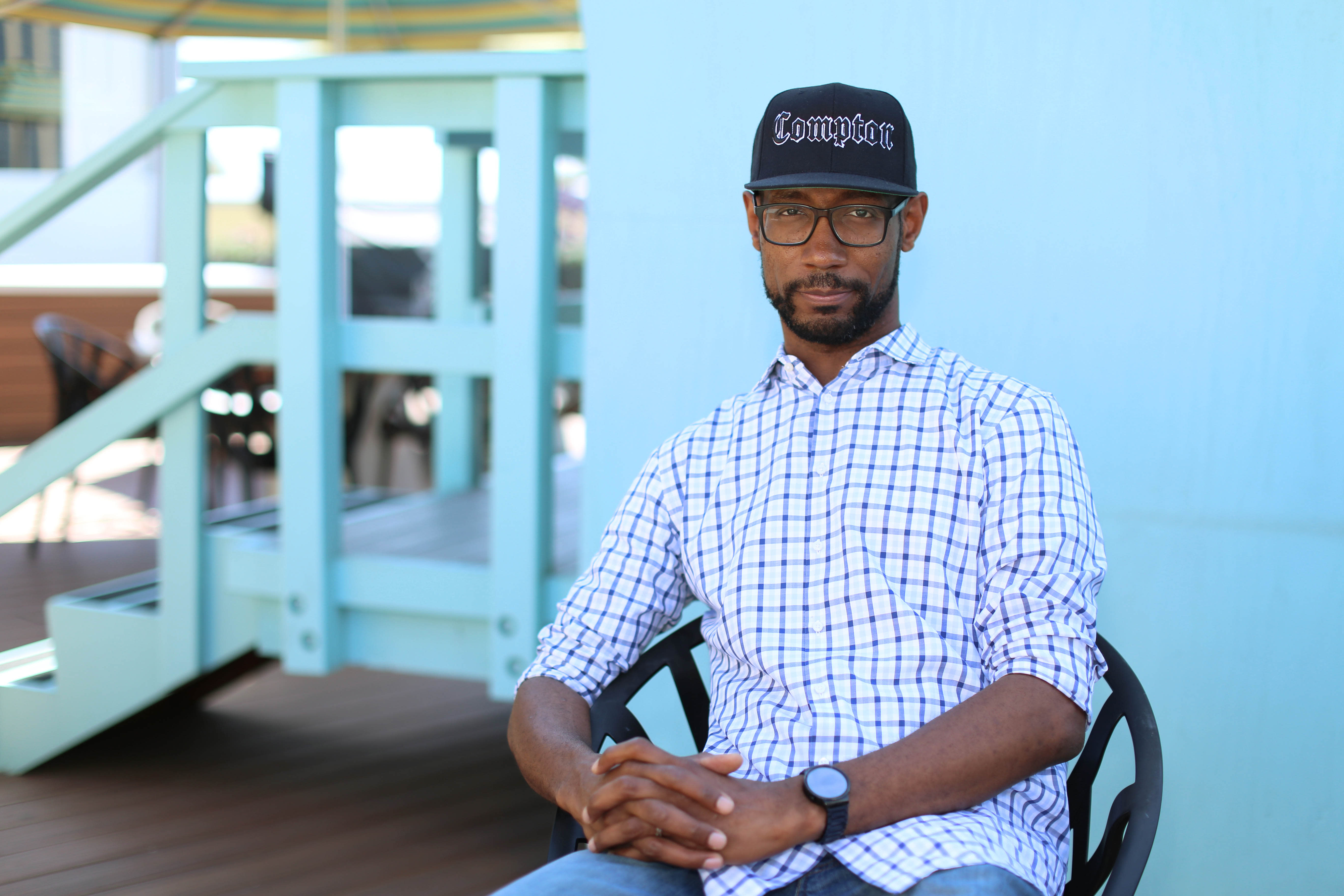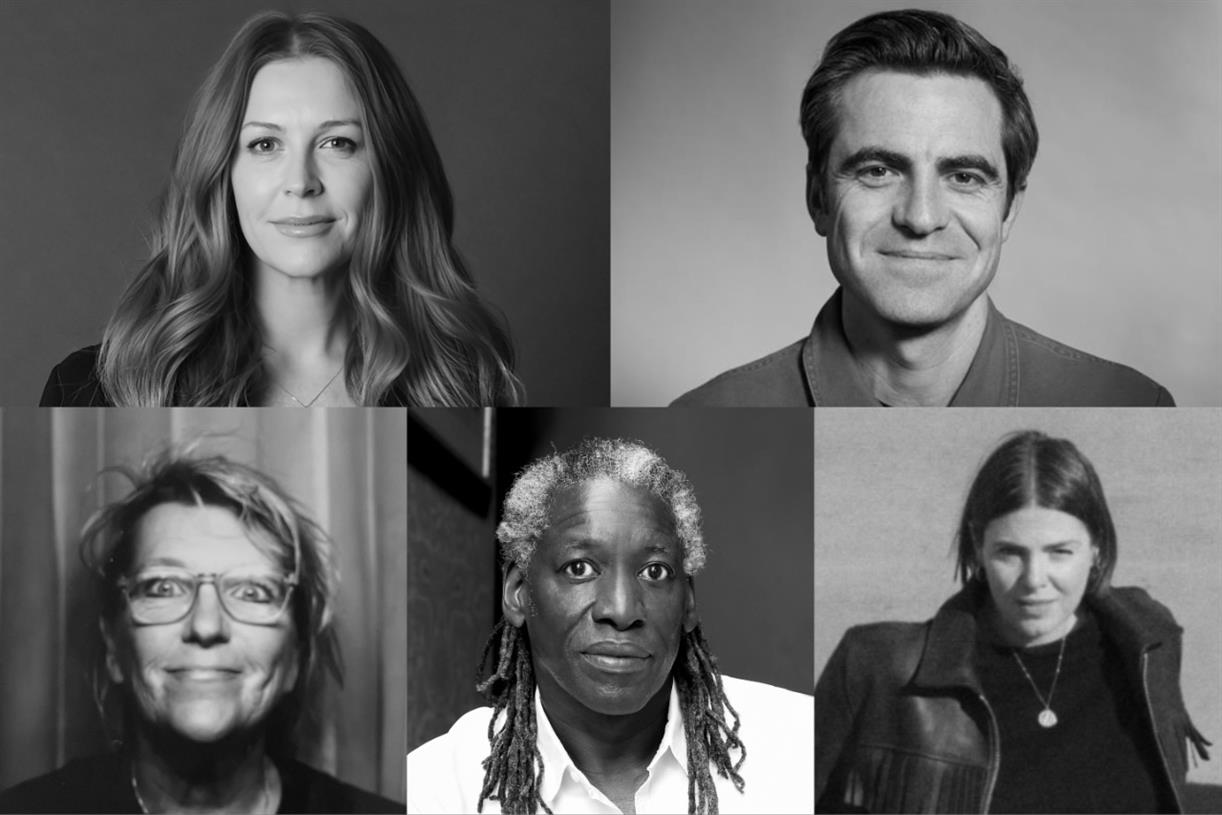How BeReal missed its moment
Is it still Time to BeReal? | Image: BeRealThe ongoing collapse of Twitter has lots of folks wondering when an all-consuming new social app will rise up to take its place. This week, I want to talk about how...
/cdn.vox-cdn.com/uploads/chorus_asset/file/23888545/bereal.jpg)
The ongoing collapse of Twitter has lots of folks wondering when an all-consuming new social app will rise up to take its place. This week, I want to talk about how things are going at one such upstart — and what it tells us about how new social products win and lose in 2023.
That upstart is BeReal. In July of last year, the photo-sharing app had a breakout moment when frequent discussions of the app on TikTok pushed it to the top of the app store charts. Like most insurgent social networks, BeReal arrived with a novel creative constraint: a once-a-day window to post, delivered at a different time each day via push notification, that attempts to create a less performative social experience by inviting you to post your life at its most mundane. Crucially, you can’t see your friends’ posts unless you post yourself.
When I wrote about the app, I noted that BeReal faced a ticking clock. “The novelty of that two-minute timer will fade and will fade sooner than anyone at BeReal will hope,” I wrote. “And so the developers must race to keep shipping — to build out the feature set and to fix the app’s many bugs — while their extremely fickle users are still paying attention.”
Fast forward to today, and it’s not clear that there’s much sand left in the hourglass.
Earlier this month, The New York Times reported that the app’s novelty had worn off among the app’s core Generation Z demographic, leading to a steep decline in monthly users. “The number of people who use the app daily has dropped 61 percent from its peak, from about 15 million in October to less than six million in March, according to Apptopia, another analytics firm,” wrote the Times’ Callie Holtermann.
The team failed to ship more than a couple of user-facing features over the past nine months
This week, the company got around to denying that report, saying in an unsigned blog post that it has 20 million daily users. But even if you take the company at its word, it’s clear that the app’s growth has slowed significantly since last summer, when it was adding hundreds of thousands of users a day. And where once the Twitter timeline was stacked with BeReal jokes and memes, lately the app has seemed to fade from the culture — I wouldn’t expect to see another Saturday Night Live sketch about it any time soon.
The reason for that slow fade should be obvious. The team failed to ship more than a couple of user-facing features over the past nine months: a private archive of your past posts and the ability to add what song you were playing to your posts.
In an oddly defensive blog post this week, the company said it had spent most of the past year resolving technical debt. A significant problem for BeReal is its novel usage pattern — most startup products aren’t designed to be used simultaneously by the entire user base. Last year “was focused on the stability of our service,” the company wrote. “The unique nature of how BeReal works means we had to overcome significant technical challenges to keep the service working.”
Users don’t care about your technical problems, though. They want to have fun! And while adding a Spotify link to a photo of your laptop screen might make a BeReal post 0.5 percent more fun than one without, it’s nothing that anyone is going to install BeReal just to try out.
That brings us to the company’s bigger announcement this week, which marks the most significant change to the app’s core mechanic since it launched. A test in the United Kingdom is letting anyone who posts to BeReal within the daily two-minute window post two more BeReals at their leisure throughout the day.
As an engagement hack, I can certainly understand why the company would prioritize what it’s calling “bonus BeReals.” Whatever revenue the company ultimately hopes to generate from the app will depend in part on the amount of time the user base spends in the app.
At the same time, at the risk of being hyperbolic… no one wanted this? Like, the whole fun of BeReal was that it was a dumb thing you did once a day for 30 seconds and and forgot about for 24 hours. Among my handful of friends still using the app, none complained to me that they wanted to post more.
I had hoped BeReal would take its twist on “appointment television” to other mediums — adding a group chat that was only active for a designated period each day, say, or collaborative videos that you could only add to at certain times. That, to me, feels more in the spirit of what the company was trying to build in the first place.
Instead, at least in the United Kingdom, it just looks like a more restrictive version of Instagram stories.
Then again, BeReal has much better data on this subject than I do. If the only path forward it sees is transforming into Instagram stories, that’s what it’s going to do.
It would be a shame, though, because novel viewpoints on social networks are hard to come by. On one hand, with Twitter in flames, this year has seen a precambrian explosion in new social apps: collectively, Mastodon, T2, Post, Nostr, Bluesky, the untitled Meta project, and Artifact represent the biggest new push into Twitter’s old territory than we have seen in a decade.
So far, though, none has identified a truly novel new feature. (Artifact, which is attempting to build a comments layer for the daily news, is the possible exception.) And while apps like these have often succeeded in the past by cloning each other, I can’t help but feel like there’s a basic laziness in the approach that (Artifact aside) these companies have taken.
It’s not enough to promise abstract benefits of running on a decentralized server (as do Bluesky and Nostr) or offer a pipe dream of more “civil” conversations (as Post does). Instead, you have to ship features — the way TikTok is constantly introducing new video effects or Snapchat adds new augmented reality filters. It’s not enough to invite users in and expect them to create magic. You have to make it seem like you’re trying, too.
Assuming there is a big new social product to build, I can’t imagine that there has been a better time to do it
That’s much easier said than done, I realize. There are probably a finite number of ways that you can remix text, photos, and videos.
At the same time, it feels like an indictment of the collective creativity of the tech industry that my median group chat feels livelier and more relevant than any so-called social product on the market. Some critics say that feeling reflects a societal change in how people want to use apps — that the era of public social networks was a detour on the road back to smaller private spaces — but I think they’re giving up a little too easily.
Whatever you think, assuming there is a big new social product to build, I can’t imagine that there has been a better time to do it in the past 10 years than right now. At the same time, the opportunity requires a level of ingenuity and product-level execution that no one in the space has yet been able to muster.
Here’s hoping that all of these companies have more tricks up their sleeves. In the meantime, I am sad to report, it is no longer ⚠️Time to BeReal.⚠️
It is time, instead, to go faster.
One more BeReal thing: Perhaps the weirdest thing about BeReal this week was the company’s quiet announcement that it plans to never let reporters attribute any statements made by the company. “We’ll be happy to answer questions,” the company wrote in a blog post, “but irrespective of who answers questions, we’ll require that it always be reported as just from and on behalf of the BeReal Crew, not a single individual :).”
In general, I don’t have a problem attributing statements to companies in Platformer. Most PR statements are written by a committee, and it doesn’t always feel accurate to me to attribute a sentence to someone who I know most likely didn’t write it. (The Verge has their own background policy requiring attribution.)
At the same time, this is a really weird way to say that your CEO (Alexis Barreyat) plans to never give an interview. And not a great sign for the company overall, I’d say. There’s no shame in keeping your head down and ignoring the press for a long time. But never allowing anyone to speak to the press under their own name is a real sign of weakness.

 Astrong
Astrong 
































